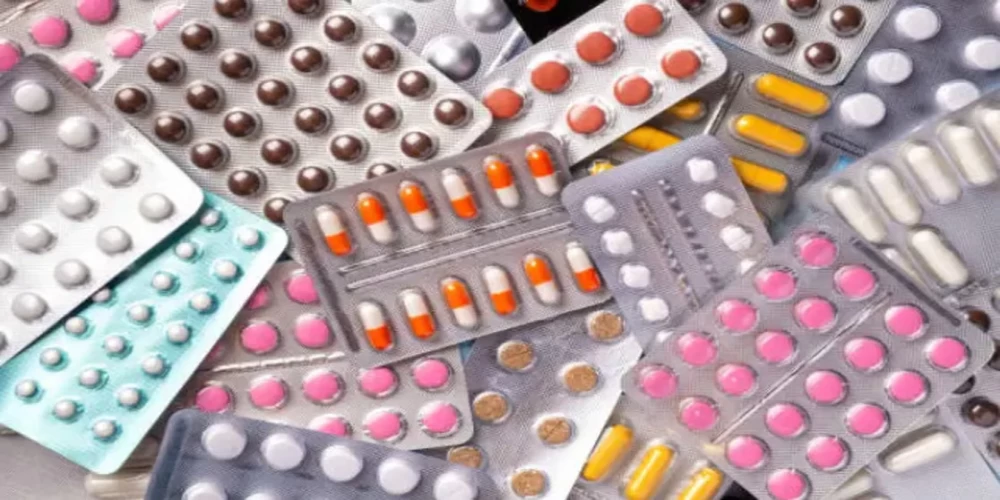
New Delhi: In a shocking revelation, the Central Drugs Standard Control Organisation (CDSCO) has flagged over 50 widely used medications, including household names such as paracetamol and Pan D, for failing to meet safety and quality standards. These medicines, found in millions of homes across India, have raised red flags about the potential health risks associated with their consumption.
The findings, published in CDSCO’s August 2024 report, highlight a series of random monthly quality checks that resulted in 53 drugs, including calcium and vitamin D3 supplements, anti-diabetic pills, and blood pressure medications, being categorized as “Not of Standard Quality (NSQ).” Among the flagged products were some from top pharmaceutical companies like Hetero Drugs, Alkem Laboratories, Hindustan Antibiotics Limited (HAL), and Torrent Pharmaceuticals.
This discovery has alarmed healthcare professionals and consumers alike, particularly as several life-saving and everyday medicines have failed stringent quality checks. For instance, the popular antacid Pan D, calcium supplement Shelcal, and antibiotic Clavam 625 were identified as substandard by a Kolkata drug-testing laboratory.
The implications are vast. Substandard drugs can lead to ineffective treatment, adverse reactions, and even worsen health outcomes for vulnerable patients, raising questions about the oversight of pharmaceutical manufacturing and distribution.
Some of the drugs that did not meet CDSCO’s standards include:
* Paracetamol 500 mg: One of the most common pain relievers in India.
* Shelcal (Calcium and Vitamin D3): A widely prescribed supplement for bone health.
* Glimepiride: A drug used for diabetes management.
* Telmisartan: A medication for treating high blood pressure.
Other notable mentions include antibiotics like Metronidazole, produced by Hindustan Antibiotics Limited, and Shelcal, which was flagged despite being widely prescribed by doctors.
However, several pharmaceutical companies, including industry giants like Sun Pharma, have distanced themselves from the flagged drugs, claiming that the batches under scrutiny are either counterfeit or spurious. “The actual manufacturer has informed that the impugned batch of the product has not been manufactured by them,” one company stated. The ongoing investigation will determine the authenticity of these claims.
With over 156 fixed-dose drug combinations already banned by the regulator earlier this year, this new revelation further highlights concerns about drug safety in India. As substandard medications circulate in the market, patients face potential risks ranging from harmful side effects to ineffective treatments.
These findings highlight the need for stronger regulatory oversight and more stringent quality checks to ensure that lifesaving drugs meet the highest safety standards. As the investigation continues, consumers are urged to stay informed about the medicines they are using to avoid unnecessary health risks. /BI/


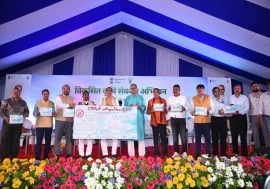
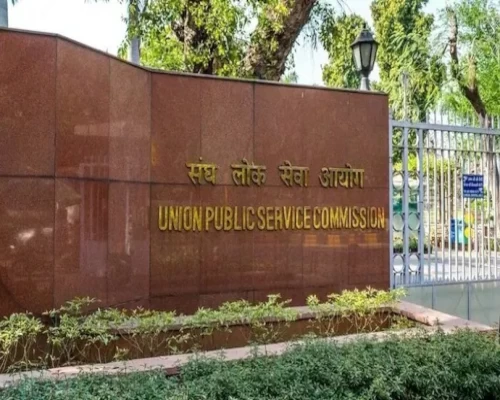
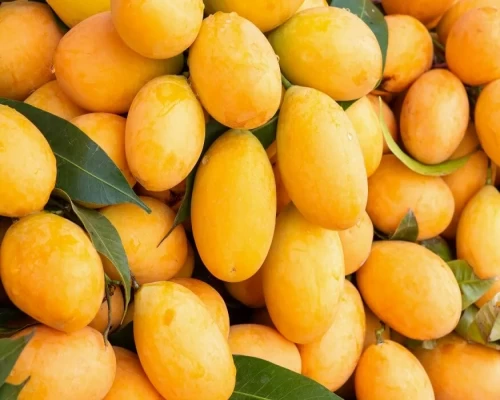

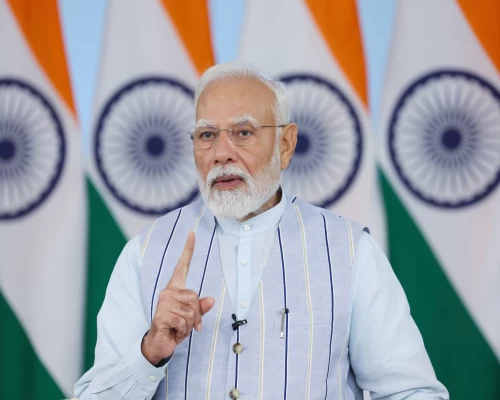
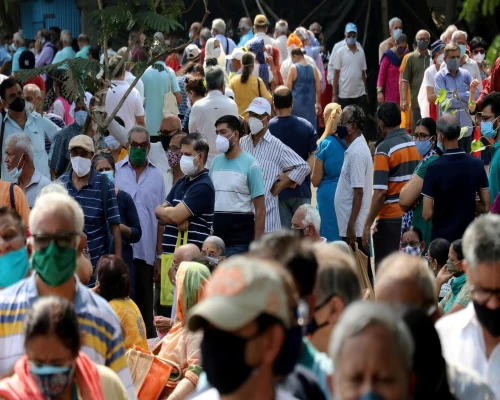
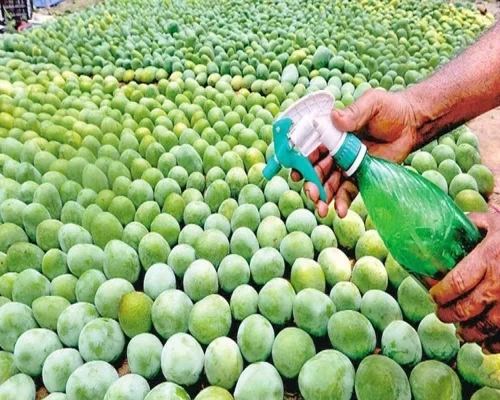
 (13)_500_x_400.webp)


